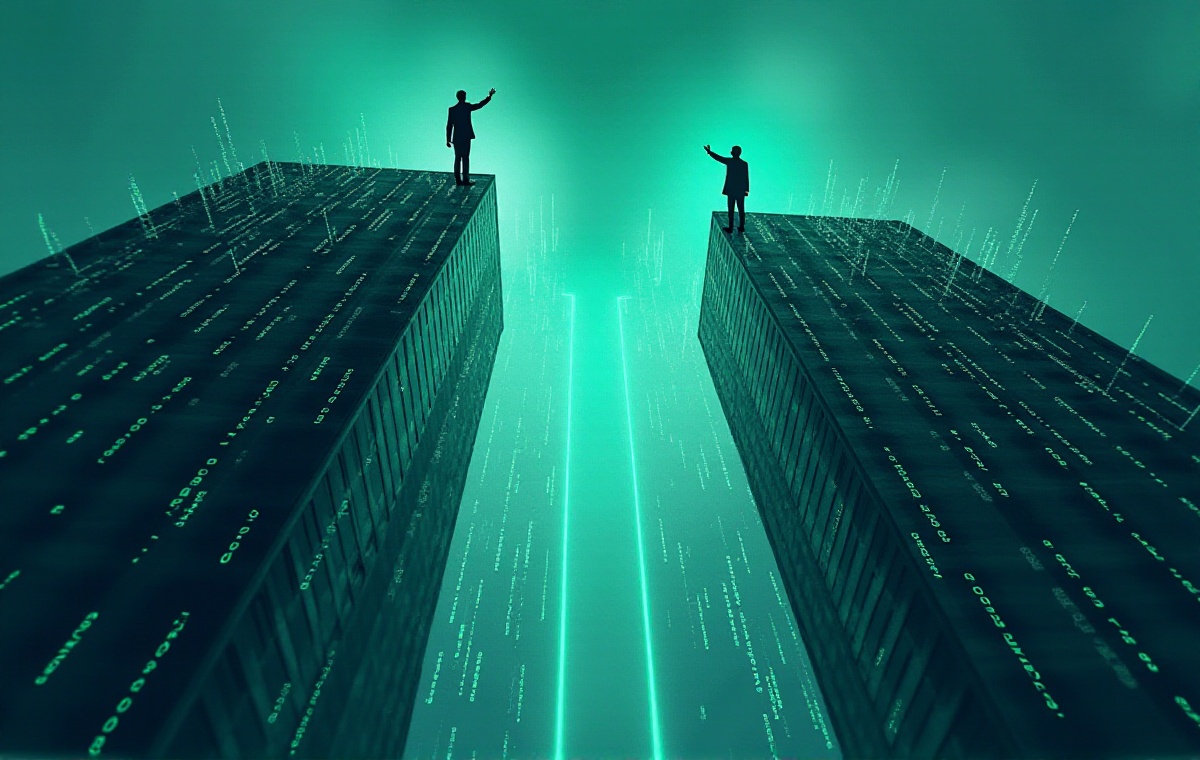A Turning Point
As a typical "shopping expert," I used to be extremely passionate about "buying everything." Every time I saw mall promotions or online shopping platform notifications, I simply couldn't control my impulse to spend. Especially for those products labeled as "limited edition" or "collaboration," I always felt I would deeply regret not getting them.
Until last year's move, when I packed up four enormous boxes of unused items - the scene was suffocating. Some clothes still had their tags on, some cosmetics were approaching expiration without ever being opened, and there were even "limited edition" figurines I'd frantically purchased only to collect dust. Looking at these things, I felt truly overwhelmed with mixed emotions.
The most frustrating were those so-called "must-have items," like various skincare products I bought after watching recommendation videos, claimed to be "skincare essentials" that you "absolutely can't miss," but ended up being used twice before being forgotten in a corner. Then there were those "slimming miracle products" that turned out to be completely unsuitable for my body type, but returning them seemed too troublesome, so they just piled up in my closet.
A Shift in Consumer Mindset
This moving experience taught me a lesson and made me start reexamining my consumption habits. Where before I would want to immediately own things I liked, now I carefully consider: "Do I really need this?" "How much will it change my life?" "Are the things I already have sufficient?"
This transformation hasn't been easy, especially in today's world of overwhelming marketing messages. Retailers are always skilled at creating various consumption scenarios, making people feel like they'll miss out if they don't buy. But when I truly calm down and think about it, I've found that many so-called "necessities" are actually dispensable.
By tracking my monthly expenses, I was shocked to discover that my spending on non-essential items actually accounted for over 35% of my income. If saved, this money could have funded an international trip in just one year! Moreover, I noticed that many things I purchased were rarely used. Some clothes might only be worn a few times a year, and some electronic products quickly became outdated by newer models.
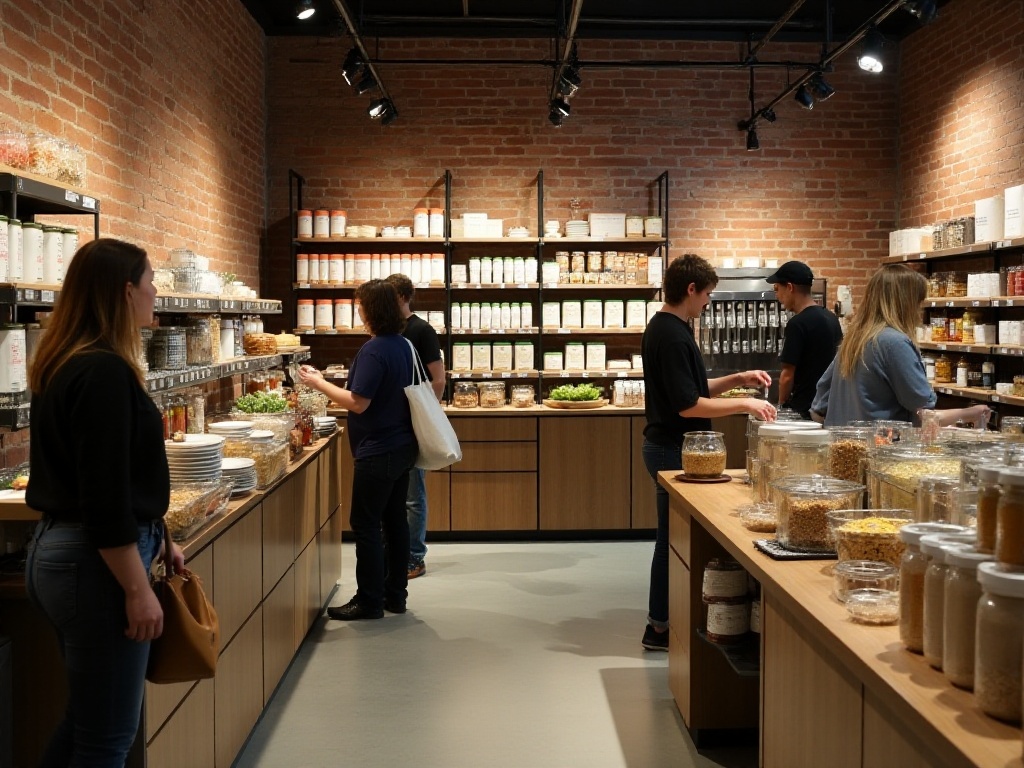
Practical Exploration
To change this situation, I began trying new shopping strategies. I created a dedicated "consideration zone" at home and recorded items I wanted to buy on a wish list. I set a one-week cooling-off period for this list, during which I would seriously consider the necessity of these items.
The results were truly amazing - about 70% of items were decisively deleted after the waiting period. For example, recently I really wanted to replace my phone. The old one was indeed laggy, but after careful inspection, I found it was mainly due to battery degradation. In the end, I only spent $200 to replace the battery, and the phone was like new again, completely eliminating the need to spend thousands on a new device.
I also tried categorizing household items by frequency of use. Frequently used items are placed within easy reach, while less-used ones are stored away. Through this method, I more clearly recognized that I don't actually need many things.

Ongoing Changes
This new lifestyle has brought unexpected changes. First, my space became more neat and organized. My room used to be cluttered with miscellaneous items, but now everything has its place, making tidying up much easier.
The financial improvements have been even more significant. Through tracking, I found that after implementing this lifestyle, my monthly expenses decreased by nearly 45%. Those snacks bought on impulse, clothes purchased spontaneously, and various "limited editions" turned out to be completely unnecessary expenses.
Most importantly, my mindset has changed. Where I used to feel anxious about chasing certain brands or following trends, I now focus more on items' practicality and value for money. I'm no longer troubled by various marketing messages, and shopping has become more rational and composed.
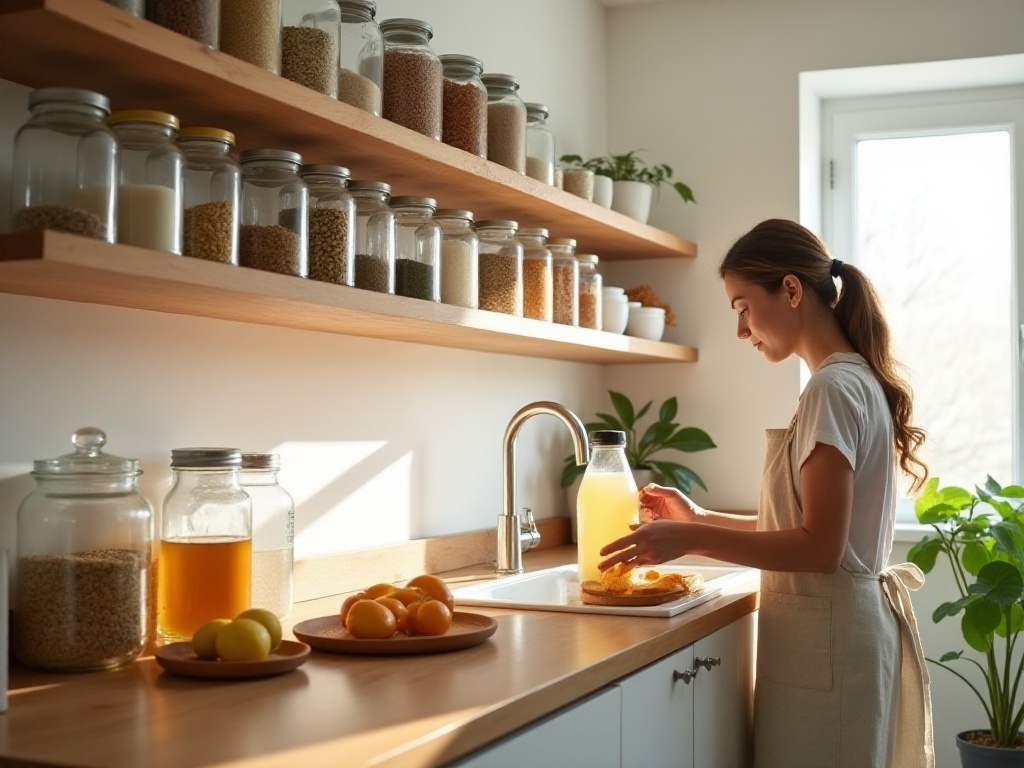
New Discoveries
During this process, I discovered many interesting alternatives. For example, there's a shared tool library in the community where tools can be borrowed when needed. This not only saves on purchase costs but has also helped me meet many neighbors. We often exchange usage tips and share various life hacks.
There are also platforms offering rental services for items like formal wear and cameras that are only occasionally needed. This not only saves money but also eliminates the hassle of storage and maintenance.
I've discovered that many people are practicing similar lifestyle philosophies. In community groups, people often exchange unused items and sometimes organize flea markets. This sharing economy is not only environmentally friendly but also promotes neighborly relationships. According to community statistics, residents participating in these activities not only save on expenses but also expand their social circles.
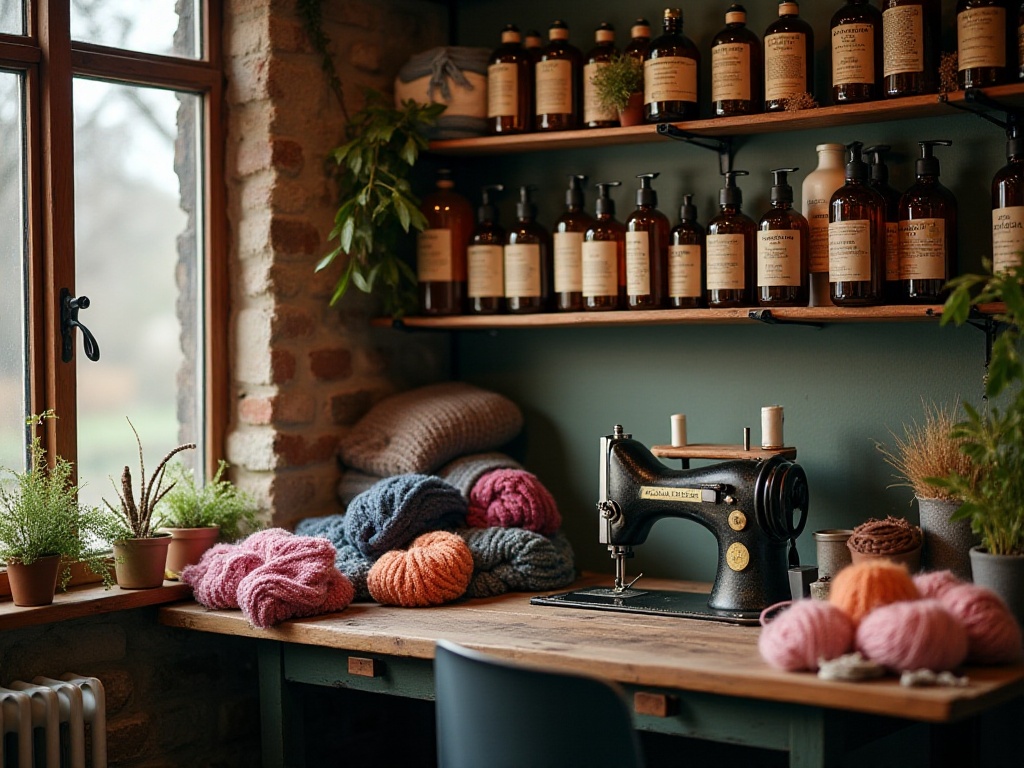
Unexpected Benefits
The changes brought by practicing this lifestyle have far exceeded my expectations. First, my living environment has become particularly comfortable. Without excess items cluttering up the space, rooms appear especially spacious and bright. Every time I come home, I can feel a relaxed and comfortable atmosphere.
There's also been great progress in financial management. Where I used to feel my salary was never enough, now I can consistently save money each month. These savings have given me more confidence in the future, and I no longer have to regret impulse purchases.
The most delightful change has been psychological. I'm no longer anxious about following trends, and my pursuit of material things has become more rational. Now all purchases are well-thought-out decisions, each item is worth its value, and using them feels especially satisfying.
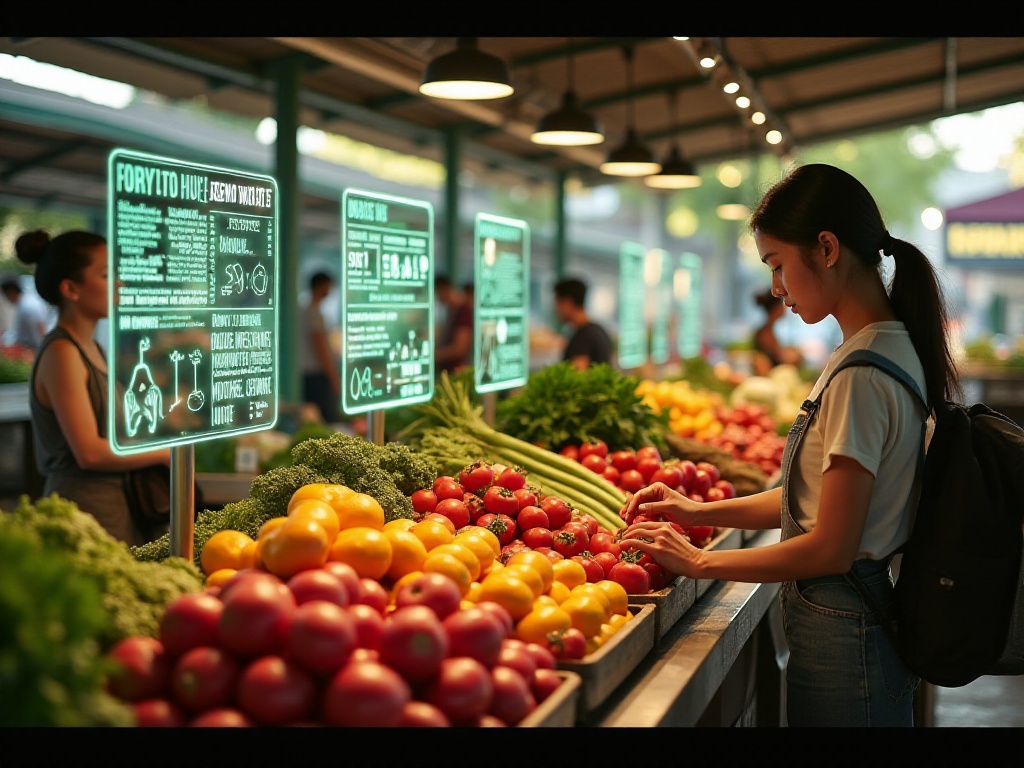
New Reflections
This year-plus experience has given me a deeper understanding of "minimalism." It's not just about simply throwing things away or not buying things, but a deeper life attitude. Through this approach, I've learned how to distinguish between true needs and false desires.
Looking back now, many things I once thought indispensable were actually false needs created by marketing and social pressure. True happiness doesn't come from the quantity of possessions, but from control and understanding of life.
Every time I organize my room or check my savings account, the sense of achievement makes me particularly satisfied. This satisfaction is completely different from the temporary pleasure of shopping - it's more lasting and more real.
I now especially enjoy this feeling of traveling light. No longer troubled by accumulated items or regretting impulse purchases. Life has become simple yet rich in quality - this might be the most precious gift that minimalism has given me.
Actually, everyone can try this lifestyle. You can start with a small change, like organizing a drawer or setting a shopping cooling-off period. Gradually, you'll find life becoming increasingly relaxed and your inner self becoming more fulfilled.
When we truly learn to cherish what we have and understand the difference between needs and wants, we discover that life can be this simple and beautiful. This isn't just a change in lifestyle, but an upgrade in life attitude.


